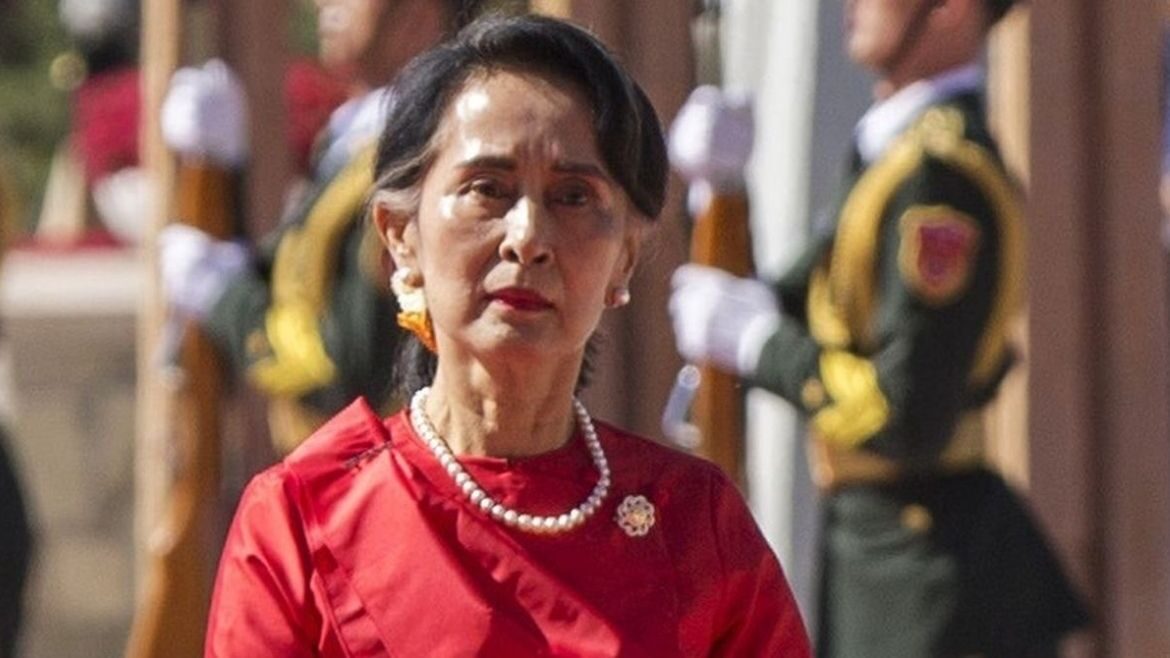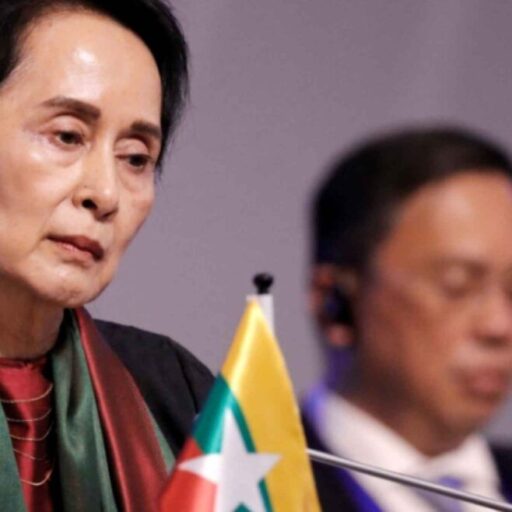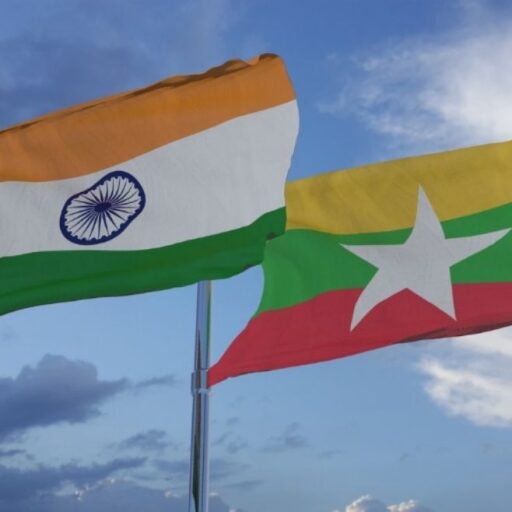The Myanmar Election Commission has confirmed that Aung San Suu Kyi’s National League for Democracy has won a landslide victory in the by-elections held on April 1. These elections were held in 43 national parliamentary seats and for two seats in Division-level parliaments. Elections in three constituencies in Kachin State were cancelled owing to security concerns.
Suu Kyi registered a big victory in her constituency, and the NLD reportedly won more than 40 seats out of 45, soundly beating the ruling party, the military-backed Union Solidarity and Development Party. While the number of seats is small, the stakes were high. The various constitutional provisions mandate that the president, vice-president and union ministers cease to be members of parliament. In consequence, most of the seats for which elections were held were those of current ministers. And while the Constitution also prescribes that ministers cease to be members of political parties, the loss of seats formerly held by ministers indicates the undeniable popularity of Suu Kyi and the NLD. Suu Kyi becomes, in effect, the de facto leader of the Opposition.
Compared to previous exercises, these elections registered great advances in electoral procedure. Observers and journalists from organizations and countries like the United States of America, the European Union and the Association of the Southeast Asian Nations observed the polling. There were reports about denial of venues for public meetings, limited access to the media, suspicions over advance voting, alleged tampering with ballot papers, mismanagement of ballot boxes and inaccurate voters’ lists. But these infirmities could be because of lack of experience in conducting elections, and the results suggest that the people’s verdict was credibly reflected.
There is no doubt that the nominally civilian pro-military junta wanted Suu Kyi to be elected and to convert her from a liability to an asset. There is speculation that she may be invited to join the cabinet, but if she accepts such an offer, she will have to deliver solutions instead of making complaints from outside, and her performance may have consequences for the next elections in 2015. And the NLD will need a new leadership, since ministers have to sever their links with political parties. Suu Kyi may find it difficult to bridge the gap between being a national icon called ‘Our Lady’ and an elected politician.




